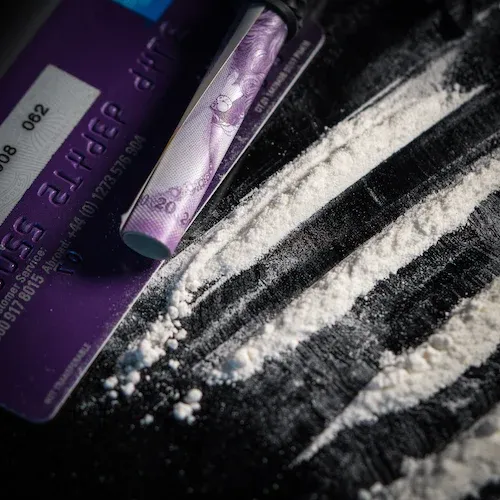By Sean Lawrenson, Second Year, English
The University of Bristol's 'harm-reduction' approach to drugs is a popular one in today's modern world. Examples within Bristol can be spotted all over campus from free drug testing kits to 'judgment free' drug advice. This softer stance towards such a prominent part of university life is clearly the only way to move forward with such an ever present dilemma with today's youth.
I wanted to start this with a bit of a preface about my own experience when it comes to the presumed drug culture in Bristol. Since arriving last September, I have, if I am completely honest, seen a dramatic increase in A) how much I have been drinking, which I feel is somewhat standard across students and B) I have picked up the unpleasant habit of smoking. It’s not particularly something I had planned, but with a ‘you’re only young once’ mindset, that was the path I went down in first year.
Regarding the University of Bristol’s approach towards drugs in general, you can find many an article or guidelines stating that the University takes what is called a ‘harm-reduction’ approach to the subject. This comes with both its benefits and drawbacks. Employing safe procedures without judgement for students to come forward if they are struggling with addiction and offering free reagent testing to all students in my mind can only be seen as a positive. Whether people like it or not, there is a culture at university to try many a new thing, but making sure this is done in as safe an environment as possible is of the utmost importance.

Some may see this type of approach as catering to problems which should instead be dealt with more firmly. That the softer stance the university takes allows for an environment where drug usage may not exactly be promoted, but allowed to spiral. However, this stance is the antithesis of what university should be about. If we are to be a university keen on promoting fresh thinking in all walks of life, why would a different approach to a dilemma that has been around for years be a bad thing? It is far safer to continue with safe testing than it is to punish students for exploring, even when this exploration may (by some) be seen as a mistake.
The conversation is necessary however. The government are in the midst of cracking down on recreational drugs in general. In March this year they announced an action plan to crack down on anti-social behaviour, which includes the banning and criminalisation of possessing nitrous oxide. This type of decision is obvious given the extreme adverse effects the drug can give, but poses a rather difficult tightrope for universities in general. To what extent can harm-reduction lead to an overall uptake in students participating?
In my mind, I see no reason for a harsher tone from universities. All this does is drive students to greater lengths to conceal what they are doing, to not talk about it with others due to fear of being punished, greatly increasing the chance of danger. We only need to look slightly further afield at the festival demographic to understand how important it is that reagent testing is implemented properly. It can be lifesaving. Getting advice from people who know what is safe to do and what is not is invaluable but completely closing off this point of contact can ultimately prove fatal. In 2018 a national survey of 2800 students revealed that 56% of those surveyed admitted to taking drugs. So in what world would it make sense to close off accessible points for people to obtain genuine advice?
I am sure if you are student reading this, you will have at least one story from your time at university where you have seen or taken part in the culture here. It is inevitable and therefore cannot be something that is shied away from. This is a time for people to feel free and explore, for some, even an attempt to ‘find themselves’ at uni. Allowing safe access to the right resources is the best way to deal with this.
Featured image:Unsplash: Gras Grun
Has your University experience been affected by drugs? Has the University's approach helped you? Get in touch @Epigrampaper









